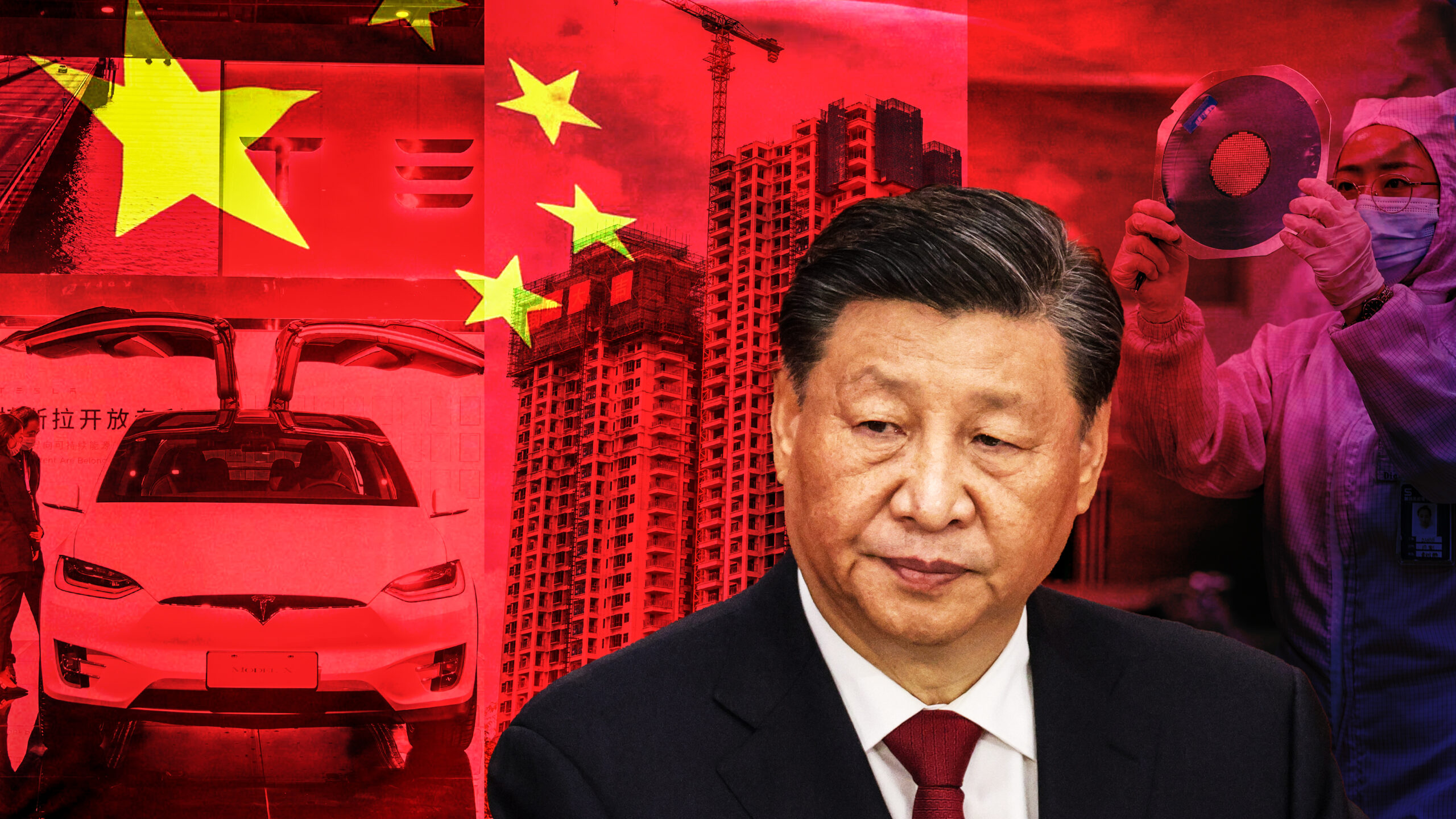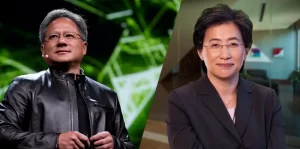Introduction:
On March 14, 2024, German semiconductor giant Infineon Technologies filed a patent infringement lawsuit against Chinese company Innoscience in a U.S. court. The lawsuit centers around Infineon’s claim that Innoscience has violated its U.S. patent. The patent is related to Gallium Nitride (GaN) technology, a crucial element in Infineon’s power semiconductor devices.
The legal action underscores the fierce competition and high stakes in the semiconductor industry, particularly in the realm of cutting-edge technologies like GaN.
Follow us on Linkedin for everything around Semiconductors & AI
Infineon Innoscience Lawsuit:
Infineon’s legal complaint asserts that Innoscience has unlawfully utilized its patented GaN technology in the development and production of GaN transistors.
GaN technology’s efficiency, high power density, and fast-switching capabilities make it vital in automotive, data centers, solar energy, and consumer electronics. Innoscience is accused of infringing on Infineon’s patent, potentially gaining an unfair market advantage.
Infineon Innoscience Lawsuit: Products Under Scrutiny
The lawsuit targets Innoscience’s GaN transistors, which are integral components in a myriad of electronic devices and systems. These transistors play a crucial role in power management, enabling efficient conversion and control of electrical energy. GaN technology is crucial in modern electronics, with wide-ranging applications such as powering electric vehicles and improving renewable energy infrastructure performance.
Infineon’s Objective:
Infineon aims to obtain a permanent injunction against Innoscience to prevent further patent infringement. This action safeguards Infineon’s intellectual property, market standing, and GaN technology investments. It also serves as a warning to competitors, deterring future violations and upholding industry integrity.
Infineon Innoscience Lawsuit: Insights into the Patent
Though details of the patented technology are confidential due to legal reasons, we can reasonably deduce its focus from available information. It probably involves improvements in GaN technology, targeting reliability, performance, or manufacturing processes of GaN power semiconductors.This could encompass advancements in GaN transistor design, materials science, fabrication techniques, or integration methods.
Infineon’s dedication to GaN technology R&D emphasizes its role in driving technological advancements and meeting industry demands. These innovations are crucial for staying competitive and addressing evolving needs across sectors.
Conclusion:
Infineon’s lawsuit against Innoscience underscores the competitive and legally intricate nature of the semiconductor industry, especially concerning advanced technologies like GaN. With increasing global demand for sustainable electronics, protecting intellectual property rights is crucial for companies like Infineon. The outcome of this dispute will shape the future of GaN technology and its applications across various sectors. In the ever-evolving semiconductor ecosystem, safeguarding intellectual property remains essential for fostering innovation, competitiveness, and sustainable growth.




